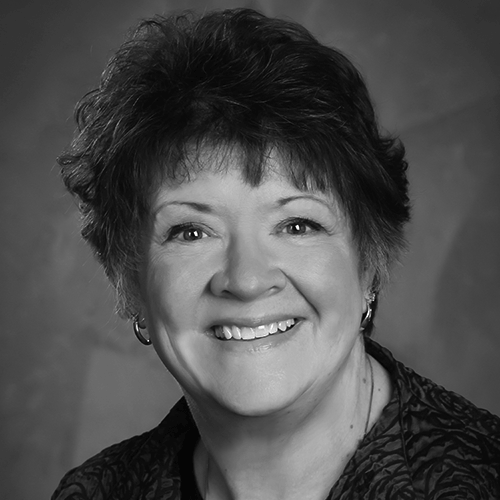
Kathy Kimmel
Senior Clinical Research Associate
Kathy Kimmel, a senior clinical research associate, explains how she has navigated and become a leader in her field.
You are currently a senior clinical research associate (CRA) with PRA Health Sciences and have held multiple positions within ACRP. Can you explain your current role?
I have been a CRA for over 22 years and I earned the title of senior CRA within two years of starting my career as a CRA. I often act as a team leader, helping to develop monitoring tools for other team members, assist in co-monitoring for other team members and mentor newer CRAs. In addition, I usually juggle two to three trials at a time and can manage up to 15 sites at a time. A CRA usually travels each week to the clinical sites to review their enrollment, data entry and adherence to the protocol and relevant regulations. This position is a fast-paced, deadline-driven career.
Can you describe your experience as a female in the clinical research field? What was it like navigating a system that wasn’t built for women?
My experience in the roles I have had in clinical research has been positive, partly because the field of CRA is predominately filled by women. But, men fill the majority of upper management roles in clinical research organizations and large pharmaceutical companies. Even with the experience of working in the trenches in clinical research as CRAs, few women are able to get these upper management positions.
What is the best part about working in the clinical research industry? What other innovations in your industry are exciting to you?
My greatest joy comes when a project I have worked on gains FDA approval and is available to the public. It is very fulfilling to know you have, in any small way, been able to positively touch someone’s life. Technology has definitely impacted clinical research in the past few years, and it allows the traveling CRA to work virtually from anywhere. But with new technology comes new challenges. Technology can enable cost savings, but it can also remove the personal interactions you get at clinical sites. My adage as I get older is, “just you because you can, does not mean you should.” This usually applies to using technology and replacing people at clinical sites.
You mentioned that you believe universities are changing the exposure to the clinical research industry. What do you see is improving for women in clinical research?
It is still very difficult for anyone to transition into a clinical research associate role. An arbitrary rule that most pharmaceutical companies adhere to is that CRAs should have two years of experience to be placed on their projects. This is very difficult for contract research organizations (CROs) and others who staff clinical trial teams. But where do you get these two years of experience if you cannot get hired without it? There are now some universities that are offering a clinical research pathway. Some of the large clinical research organizations offer a training program for those who have some experience in clinical research. This seems to be a mutually beneficial endeavor since those wishing to move into a monitoring role have the training and support to do so, and companies struggling to maintain CRAs can have a stream of new CRAs into their companies. The Association of Clinical Research Professionals (ACRP) is working with pharmaceutical companies and CROs on the Workforce Innovation Initiative to outline the CRA competencies needed to move into this field, regardless of years of experience.
CRA comes in at number 84 on CNN Money’s latest list of the Best 100 Jobs in America. What’s more is that the demand for clinical research professionals has increased 4000 percent since 2000. What insight or advice do you have to a young woman considering a career as a clinical researcher?
It is a relatively unknown pathway in medicine. I once hired a newly graduated RN for a CRC position when I was managing a clinical site. After about a month she confessed she knew very little about what she was hired to do because clinical research was never mentioned during her RN training. While there is a lot of travel and time away from home and family, I think but the benefits of being a CRA outweigh the inconvenience. My job has afforded me to travel to almost every state in the US, I have met many great people and I maintain friendships with people all over the world. I would advise anyone interested in entering clinical research to seek out locals who are conducting research studies. I would also recommend the ACRP website for training and development opportunities, and most importantly, network with fellow clinical researchers.

